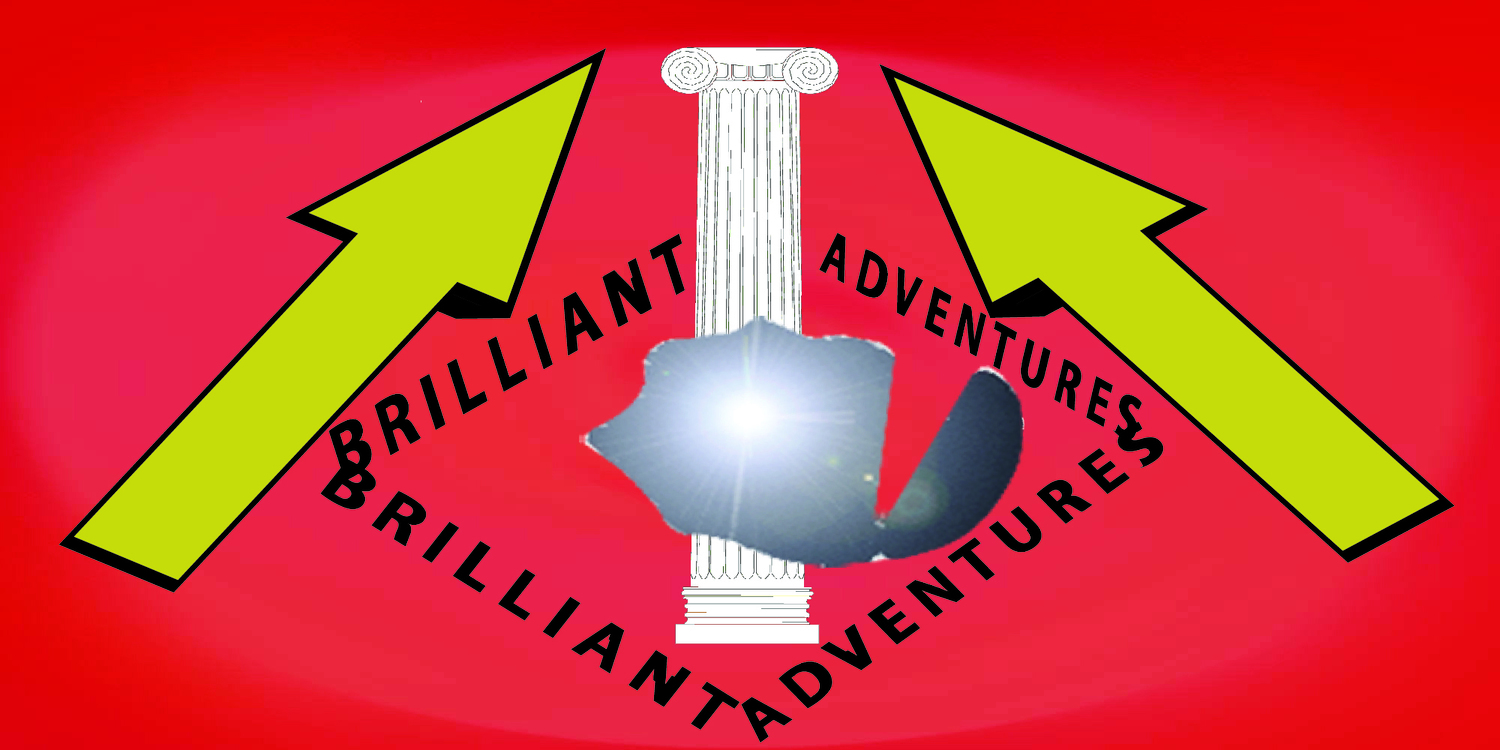It is rather heart-breaking that graduating students across America this Spring will never have the Commencement that everyone before them has always taken for granted. One may say, buy hey, it's only 2 months out of one's life whether a graduate or a student. But it is 2 months one will never get back. And it is a time when some students will be grateful for the seclusion but for others it may well prove devastating. We humans are like plants (sounding like Peter Sellers in Being There, I know). We can have the best soil etc etc but an eco-disaster comes along and wallop!
Some students will never see to sing those last choir concerts. Those last fire-eating exploits on the lawn before at last leaving college and joining the circus of life. The sports events that 10years on will seem so quaint in their earnest. Those last seeing silly get-togethers that are the lived cherished memory.
Some students just may not be able to cope returning to their parents (even though many would have done so anyway in mid May). Some students may finally have just started forming a meaningful relationship after all these years only for the young plants to wither their rhizomes dis-connect. It isn't enough to say, well, if it was worth saving then it would have lived: life is, after all, survival of the fittest as much as concerned liberals try to ameliorate that situation.
I wonder whether folk who are naturally loners will find comfort in these months of world-isolation whereas those with a natural propensity to socialize will begin withering. Of course there is the added burden of financial worry if not torment finally to stamp upon the stubborn quest for survival.
Just thought I'd share, with for those it matters.
Has everyone seen The Way We Were? Always seems lumped with Love Story in the sentimental trough yet few have actually seen it! A wonderful movie. A movie of its time, for our time, and for ever. The DVD is great as it has a feature length doc on the fascinating making.
….
I wonder, too, whether Rudy (Daniel Ruettiger) that crazy, driven, penniless student, all he wanted: to play football for Notre-Dame University, would have achieved his dream if a COVID had locked him out, he could no longer sleep unofficially and covertly in the groundsman's basement. If life succeeds in destroying our dreams are we no better than those machines in The Matrix? Sapped like rats upon a wheel of fire?
Not wishing to sound like a dinosaur but I continue to have a healthy skepticism about social media and technology and its role and consequence in human interaction. It clearly has totally 'come into its own' during the COVID-19 crisis. It seems not too far a parallel with the explosion of TV and advertising in the 1960's.
What intrigued me about Tarantino's film Once Upon a Time in Hollywood is just how deftly he captured the invasive and pervasive nature of media. All its forms: the ejaculation of neon, the incessant flickering TV screen, a disenchanted youth whose sweet freedoms are souring. Tarantino's sumptuous evocation of the past is equally a meditation on where we may be going today.
Peter Wohlleben's book The Hidden Life of Trees is a surprising effortless read given all the scientific research collated therein. We as humans could learn a lot from plants and trees. No surprise that in so many ways we aren't that dissimilar. Many trees can grow on their own, say on a median strip, provided that receive the basics. They will grow quickly but die quickly whereas trees grown with family and friends grow more slowly but live longer.
An oak tree that has its light crowded out by other trees will literally scream (like a human fed up and in emotional/physical distress) by sprouting branches low down that are useless for photosynthesis. Literally a primal scream.
It was only a few years ago that biologist Ottoline Leyser and her researchers discovered the importance of the plant hormone auxin (Charles Darwin had a keen interest). It is kind of both the ship's captain and stoker advising of reefs, speed and weather.
In The Hidden Life of Trees we learn how roots communicate with other tree roots even other specie not dissimilar to human functioning and survival.
My worry about technology and social media is that while it appears an ideal supplement to our root systems - somewhat akin to heart transplants, artificial limbs etc- it isn't an operation on a living organism. Technology is more fallible. More prone to rejection and infection no matter how good the antibiotic 'fixes'. Have those artificial limbs of technology become so fused with our organic matter there is no hope for many if a disconnection? Many artists have probed this idea way back to artist Stelarc in, uhum, the 1970s!
Maybe it's akin to providing grass with lime or new trans-plants with mycorrhizal fungi to their roots. The garden will no doubt have a better chance of surviving the eco reefs crossing its path. If the weather is stable and constant our garden may just survive a lack of artificial watering. We water our parks but not our forests. One large solar flame from our sun, though, and all artificial communications will be wiped out for months at the very least on our planet, hence the importance of NASA's Parker Probe to investigate.
Fascinating thread initiated by art critic Jerry Saltz today (Monday March 3). How our mundane activities amazingly, irrevocably, sculpt our life, our space, our breath. Our future and our death.
https://www.instagram.com/p/B-U8tdvJMc2/
Well if Jerry can ‘flog’ his book in this crisis (no: good for you!), I can upload this song of mine. A song of and for mundanity. It is what it is, and those in the know will know what that is.
Safe creatures, everyone.



